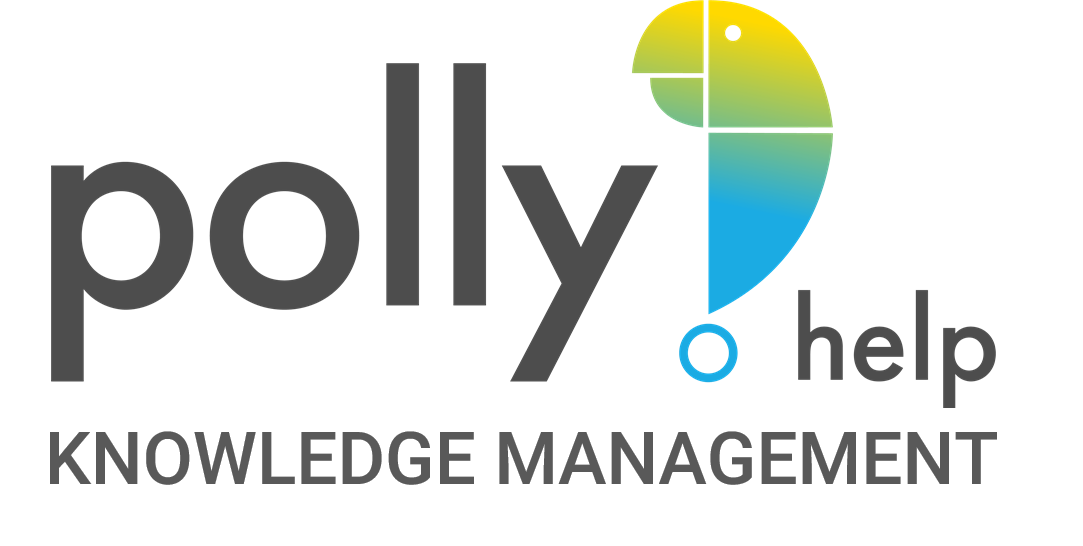In the realm of IT management, mastering knowledge management capabilities is essential, not just an option. For those tasked with protecting and enhancing their organization’s data infrastructure, focusing on data integration and security is crucial. We delve into how a deep understanding of these areas enhances decision-making and strengthens a company’s position. This is particularly true in today’s digital world, where interconnectedness is the norm.
Key Takeaways
- Understanding knowledge management capabilities is vital for ensuring effective IT management.
- Data integration and data security are core components of a robust knowledge management framework.
- Advanced knowledge management enables improved decision-making and competitive positioning.
- Compliance with regulatory requirements supports data-driven insights and innovation.
- Data’s lifecycle management is quintessential to maintaining a secure and accessible IT environment.
The Importance of Data and Knowledge Management Systems
The interplay of IT management with the structuring and use of expansive knowledge bases is vital. Knowledge management systems, at the core, enable strategic data leveraging across organizations. These systems directly impact how businesses grow and sustain themselves, focusing on data’s complete lifecycle and knowledge exchange. IT experts must fully understand this impact to devise strategies rooted in solid data and insightful analytics.
Understanding the Data Lifecycle and Its Impact on IT Strategies
Data constantly evolves, moving through stages of creation, storage, use, sharing, and disposal. Knowledge management systems offer a competitive edge by overseeing data’s journey through these phases. The importance of the data lifecycle in shaping IT strategies is critical. Strategies overlooking this lifecycle’s full scope may miss out on maximizing internal data resources.
Embracing Controlled Access to Foster Data-Driven Decision Making
Controlled access is where knowledge management systems stand out, facilitating access to vital insights while ensuring data safety and privacy. They regulate information access, defining who can see what and in which context. This approach lets IT management empower decision-making with robust data, protecting against misuse and security threats.
This table outlines how knowledge management systems align with the data lifecycle to support IT strategies:
| Data Lifecycle Stage | Role of Knowledge Management | Benefits to IT Strategies |
|---|---|---|
| Creation | Facilitates the structured generation and cataloging of data. | Ensures reliable data foundations for future actions and strategies. |
| Storage | Provides secure databases and cloud solutions. | Enhances data security and availability for ongoing initiatives. |
| Usage | Enables controlled data access through user permissions. | Allows for informed decision-making with real-time data analysis. |
| Sharing | Supports collaboration through interoperable platforms. | Promotes synergy across departments, enhancing operational efficiency. |
| Disposal | Assures compliant data archiving and deletion processes. | Aligns IT practices with regulatory standards and reduces liability risks. |
In wrapping up, the role of knowledge management systems in understanding the data lifecycle and ensuring controlled access is crucial. They are indispensable for developing impactful IT strategies. In today’s digital age, IT professionals must adopt a data-centric approach to stand out.
Adopting Knowledge Management Solutions for Competitive Advantage
In the current era, the smart deployment of knowledge management is crucial for a notable edge in various fields. Entities adept at exploiting knowledge assets ensure they make informed decisions, laying the groundwork for superior operations.
Using Knowledge Resources to Inform Health Policies
To craft effective health policies, using detailed knowledge is key. In the intricate health sector, policies must be based on thorough, accurate data. Knowledge management tools enable health experts to access reliable databases, enhancing public health efforts and care quality.
Ensuring Scientific Rigor and Transparency with Knowledge Management
Scientific accuracy and openness are critical in knowledge management. The quality of research and findings depends on well-organized data analysis. Knowledge management tools provide essential support for researchers, promoting excellence and resilience against external scrutiny.
Additionally, maintaining transparency is vital for credibility, especially in research sharing and policy making. Effective knowledge management supports this clarity, fostering a space for data to be freely exchanged and reviewed, aiming for collective advancement.
Interoperability in Knowledge Management: A Business Imperative
Today, in the digital realm, interoperability is crucial for an impactful knowledge management strategy. IT experts need to explore all available tools and systems for knowledge sharing to ensure smooth operation. Achieving this unified workflow is essential, not merely for efficiency but as a vital need for swift decision-making and enhanced productivity.
Efforts to mesh storage, networks, and knowledge from various sources underscore the importance of interoperability. For IT specialists, weaving these components into a unified system results in unparalleled transparency. Such clarity is precious for guiding an organization’s strategy forward.
- It allows for gathering data from diverse sources, enabling a deeper, broader analysis.
- Essential for the efficiency of knowledge-sharing tools across the enterprise’s divisions.
- Strengthens knowledge management strategies by encouraging teamwork and new ideas.
The rise of knowledge sharing tools that interoperate reflects an organization’s adaptation to demands of the digital era. Interoperable tools ensure fluid data exchange, enhance team coordination, and heighten overall agility. Consequently, the organization stays competitive, innovative, and responsive in the rapidly evolving market.
- Uninterrupted data flow enhances collaboration across various sectors.
- Better coordination among teams boosts service quality and speed.
- Increases the organization’s nimbleness to respond to market shifts efficiently.
Creating a viable knowledge management strategy now clearly includes incorporating interoperability. Thus, IT professionals should prioritize aligning software and protocols. This is crucial for fostering innovation, facilitating knowledge discovery, and bolstering organizational intelligence.
Knowledge Management Systems: Balancing Cost with Innovation
In the world of information technology, striking a balance between spending wisely and pushing for innovation is ongoing. Knowledge management systems are at the heart of this balance, as they offer long-term gains in efficiency and discoveries. Yet, costs remain a crucial factor. They demand careful spending and planning for sustainable investment that still promotes tech advancements.
Planning for Sustainable Knowledge Management Investment
To leverage knowledge management systems effectively, a strategic investment approach is key. Such investment needs to meet immediate needs while anticipating future technology shifts. It involves deploying sophisticated tools. These tools must be chosen with an eye on lasting use, growth potential, and adaptability.
Enabling Scientific Innovation Through Advanced Knowledge Tools
In this digital age, sophisticated tools are essential for fast data handling and broader scientific breakthroughs. Knowledge management systems should not just store information. They should also be cradles for innovation, nurturing insights and fostering discoveries. The foundation of these systems is today’s investment, which will define tomorrow’s scientific achievements.
| Innovation Drivers | Cost Considerations | Strategic Approaches |
|---|---|---|
| Deployment of AI & ML technologies | Upfront investment in infrastructure | Cost-benefit analysis and ROI forecasting |
| Integration of Big Data analytics | Ongoing maintenance and upgrades | Phased implementation and training programs |
| Collaborative platforms for innovation | Licensing and subscription models | Strategic partnerships & open-source alternatives |
| Adoption of cloud-based solutions | Data security and compliance costs | Hybrid cloud strategies and data governance policies |
Knowledge Management Capabilities as a Core IT Strategy
Incorporating a knowledge management strategy directly into IT strategic planning is crucial. It guarantees a cohesive, integrated approach to handling an organization’s data and knowledge. Today’s IT ecosystems are complex, presenting the task of maintaining harmony across different areas. Establishing a robust foundation of knowledge management best practices will enhance the organization’s resilience and adaptiveness.
Cultivating a Unified Approach to Data and Knowledge Assets
Embracing a comprehensive strategy towards knowledge and data management brings unity among various segments, like analytics, cybersecurity, and business operations. By implementing unified data governance, it’s possible to connect isolated departments. This fosters a holistic view of an organization’s knowledge, enhancing decision-making at every level.
Strategic Alignment with Organizational Goals
IT’s goal alignment with the overall organizational goals is a critical step for growth and innovation. IT leaders play a crucial role in adjusting knowledge management initiatives to back the company’s mission and strategic plans. Successful alignment boosts competitive edge and yields substantial returns on the investment in knowledge systems.
- Strategically align IT capabilities with business goals
- Optimize knowledge dissemination for enhanced operational efficiency
- Promote a knowledge-centric culture for continuous improvement
| Knowledge Management Focus | Impact on Organizational Goals |
|---|---|
| Data Accessibility | Enhances decision-making speed and quality |
| Collaboration and Communication | Strengthens interdepartmental projects and initiatives |
| Innovation and Research | Bolsters the development of new products or services |
| Cybersecurity and Compliance | Ensures protection of assets and adherence to regulations |
Advancing Knowledge Management Strategies
In our digital age, advancing knowledge management is key for innovation and a competitive advantage. It’s a strategic need, not just an option. Organizations are now looking for effective knowledge management solutions. They aim to create a system that goes beyond data storage to manage intellectual capital dynamically.
Reflective practices in knowledge management require a comprehensive strategy. This includes FAIR+ practices which focus on Findability, Accessibility, Interoperability, and Reusability of data. It also adds an emphasis on sustainability. Such practices ensure data is effectively managed throughout its lifecycle. This enhances knowledge management for future use.
- Establishing robust data governance protocols to steer knowledge management activities
- Oversight of investment in knowledge management infrastructure and tools
- Creating information commons for streamlined data querying and computation
- Providing centralized support for researchers engaged in data-driven methodologies
Strategic oversight and a commitment to best data governance practices lay the foundation for successful knowledge management. Information commons facilitate access to shared knowledge. This fosters collaborative research and learning. The right knowledge management solutions simplify managing extensive knowledge, encouraging innovation and evidence-based decisions.
The implementation of knowledge management solutions is just the beginning. Transformative results come from continuously assessing and evolving these systems. This ensures they meet an organization’s current and future needs.
Thus, advancing knowledge management strategies involves more than just new systems or processes. It’s about fostering an environment of ongoing learning, data stewardship, and active engagement with knowledge. Such an approach leads to organizations that are more innovative, agile, and informed.
Implementing Effective Knowledge Management Practices
In today’s digital landscape, adopting effective knowledge management strategies is critical for organizations. It’s essential for deciphering the complexities of data and utilizing such insights for strategic decision-making. The ever-increasing data volume challenges IT experts to efficiently manage metadata, vocabularies, and governance schemes. These efforts unlock the full potential of organizational data.
Enhancing Data Analysis with Proper Metadata and Vocabularies
Effective metadata and vocabularies implementation is crucial for data analysis enhancement. IT professionals can map out data accurately, ensuring it’s easy to find, interpret, and use. This method is key for preserving data quality. It also simplifies data sharing and reuse across different areas and among various users.
A healthcare provider’s use of metadata for sorting patient records serves as a prime example. It makes finding and understanding patient data faster. This efficiency boosts healthcare service quality and adheres to privacy laws.
Establishing a Data Governance Framework for Success
Developing a strong data governance framework is vital for succeeding in knowledge management. It forms the basis for data quality, privacy, security, and adherence policies. Organizations with a thorough governance plan confidently manage risks and leverage their data assets.
This process requires setting definite roles, duties, and management guidelines. Effective governance ensures data reliability. It also promotes a data-smart culture, enabling better collaboration and informed business choices based on reliable data.
The digital age treasures data akin to currency, amplifying the need for adept knowledge management. Advancing data analysis and forging a sturdy data governance framework are more than just ideal practices. They embody the core of modern IT strategies for achieving success.
Collaboration and Knowledge Sharing Tools: Driving Organizational Change
The modern organizational landscape is always changing. To remain competitive, transformations are often required. At the heart of these changes lies the focus on collaboration and knowledge sharing tools. In our fast-paced world, the ability to share and access information quickly is key to either growth or stagnation.
Collaboration fosters a shared vision, helping stakeholders work together towards common objectives. It removes barriers between departments, promotes open idea exchange, and builds a culture of innovation through collective insight. Knowledge sharing tools support this by connecting people across distances, ensuring timely information delivery.
- Improve decision-making by providing all stakeholders with access to relevant information.
- Streamline processes by minimizing duplicative efforts, reducing inefficiencies, and saving vital resources.
- Build a repository of shared knowledge that becomes a valuable asset for the organization.
Knowledge sharing tools play a critical role in preserving information continuity and preventing knowledge loss when key staff depart. By establishing effective knowledge management platforms, organizations stay competitive through agility and quick responses.
Adopting this cooperative framework comes with its hurdles. It demands a commitment to change management and a culture that promotes sharing over withholding. Yet, the benefits are extensive, leading to higher customer satisfaction, compliance, and a more informed workforce.
Thus, collaboration and knowledge sharing tools are essential in today’s business environment. They are the backbone of a progressive organization. By adopting these tools, firms show they are prepared to lead change, embodying innovation, efficiency, and resilience.
Investing in Knowledge Management Best Practices for IT Managers
For IT managers, the journey to strategic excellence demands a focus on investing in knowledge management. This foundational step is crucial for long-term success. Grasping the core practices of knowledge management is essential. It lays the groundwork for an adaptable infrastructure, fostering the growth of an organization’s knowledge base.
Conducting Pilot Studies to Validate Knowledge Management Approaches
Conducting pilot studies is vital for IT managers aiming to validate their knowledge management strategies. These small-scale studies generate critical data, highlighting strengths and weaknesses. Through this proactive approach, managers can tweak their strategies for optimum results. This ensures that investments in knowledge management are both strategic and effective.
Establishing Knowledge Commons for Cross-disciplinary Research
Establishing knowledge commons represents a strategic initiative for progressive IT managers. It’s about creating a space where knowledge flows freely across different fields. This setup fosters innovative thinking and facilitates groundbreaking research and development. It catalyzes the discovery of new insights that drive research forward.
Building a Data-Oriented Culture in IT Management
For IT management professionals, embarking on the data-oriented culture journey promises resilience and agility in technology’s evolving landscape. It hinges on educating the workforce, furnishing teams with tools to steward vast data streams. Continuous learning and sharing knowledge are crucial, enabling adaptability and informed decisions.
Education and Workforce Development in Data Management
Boosting workforce development is key to cultivating top-tier data management skills. This process begins with setting up educational programs that teach vital abilities. Such frameworks ensure team members engage deeply with complex data architectures. Through tailored programs, mentorship, and workshops, organizations can reinforce these educational efforts.
Fostering Continuous Learning and Knowledge Transparency
To stay competitive, IT management needs to foster a culture of ongoing learning. As technology rapidly changes, having a team ready to absorb and apply new knowledge is vital. Central to this is ensuring knowledge is openly shared, fostering a collaborative environment that drives success.
Assessing the impact of educational and learning initiatives is crucial in a data-oriented culture. Here’s a table with metrics for evaluating workforce development in IT management:
| Education & Training Metrics | Continuous Learning Indicators |
|---|---|
|
|
| Impact on IT Strategies | Operational Outcomes |
|
|
A data-oriented culture, underpinned by learning and workforce development, acts as a defense against becoming outdated. It cultivates an IT management that not only skillfully manages data but also leverages it to thrive amid the digital flood.
Data and Knowledge Management: Mapping Strategic Capabilities
IT professionals today face the challenge of navigating an increasingly complex IT landscape. Their role is to pinpoint the strategic capabilities essential for effective data and knowledge management. These capabilities go beyond mere data collection and storage. They include agility and analytics, crucial for adapting quickly to new challenges and deriving valuable insights from data.
Strategic capabilities in data and knowledge management evolve alongside an organization’s objectives and IT ecosystem. This evolving approach strengthens an organization’s capacity to utilize its resources effectively, crucial in today’s constantly changing digital environment.
Creating a culture of collaboration and transparency is a strategic imperative, not just a cultural goal. Such an environment promotes sharing and collaborative analytics tool use, vital for building analytics skills across teams. It also emphasizes developing workforce capabilities, ensuring everyone can effectively use data management resources, fostering innovation and strategic insight.
| Strategic Capability | Description | Benefits |
|---|---|---|
| Agility | Ability to quickly adapt to data and knowledge management systems changes. | Increased responsiveness to market and technology shifts. |
| Analytics Proficiency | Developing organizational skills to interpret and leverage complex datasets. | Improved decision-making based on actionable, data-driven insights. |
| Collaboration | Facilitating seamless information sharing across all levels of the organization. | Enhanced innovation and a shared sense of purpose. |
| Transparency | Promoting open access to knowledge assets and decision-making processes. | Builds trust and accountability, internally and with stakeholders. |
| Resource Optimization | Efficient allocation and use of data and knowledge management resources. | Cost savings and improved return on technology investments. |
| Workforce Development | Continuous learning and skill enhancement related to data and knowledge management. | Steady flow of expertise and innovation within the organization. |
Acknowledging these strategic capabilities allows IT pros to create a comprehensive management roadmap. This roadmap is robust, adaptable, and in harmony with strategic IT goals. It provides a blueprint for achieving objectives and prepping for future challenges in data and knowledge management.
- Agile methodologies ensure the organization remains adaptable in the face of changing data landscapes.
- Analytics capabilities support actionable insights that drive strategic decisions and offer competitive advantages.
- Resource optimization results in the sustainable use of IT budgets and investments.
A thorough strategy for defining strategic capabilities greatly boosts an organization’s data and knowledge management infrastructure. This strong foundation supports continuous growth and success amid the dynamic digital economy.
Conclusion
IT management professionals play a vital role. Their impact on developing a solid knowledge management strategy is huge. In today’s digital landscape, the need for effective knowledge management is expanding. IT managers facilitate data integration and enhance security. This creates a strong, forward-thinking business atmosphere.
For companies to stay competitive, adopting suitable systems is crucial. They must apply best practices in interoperability and invest strategically. Fostering a culture focused on data is essential. This approach drives innovation and prepares companies to meet changing IT demands swiftly. A blend of these practices marks the start of a dynamic period. Adaptability becomes key to growth and enduring success.
In summary, prioritizing continual progress and knowledge sharing is critical for organizational growth. IT management experts lead this charge. They manage the plethora of processes that form an advanced knowledge management strategy. By monitoring technological advancements closely, they push knowledge management to new levels. This achieves the immediate and long-term goals of their organizations.






